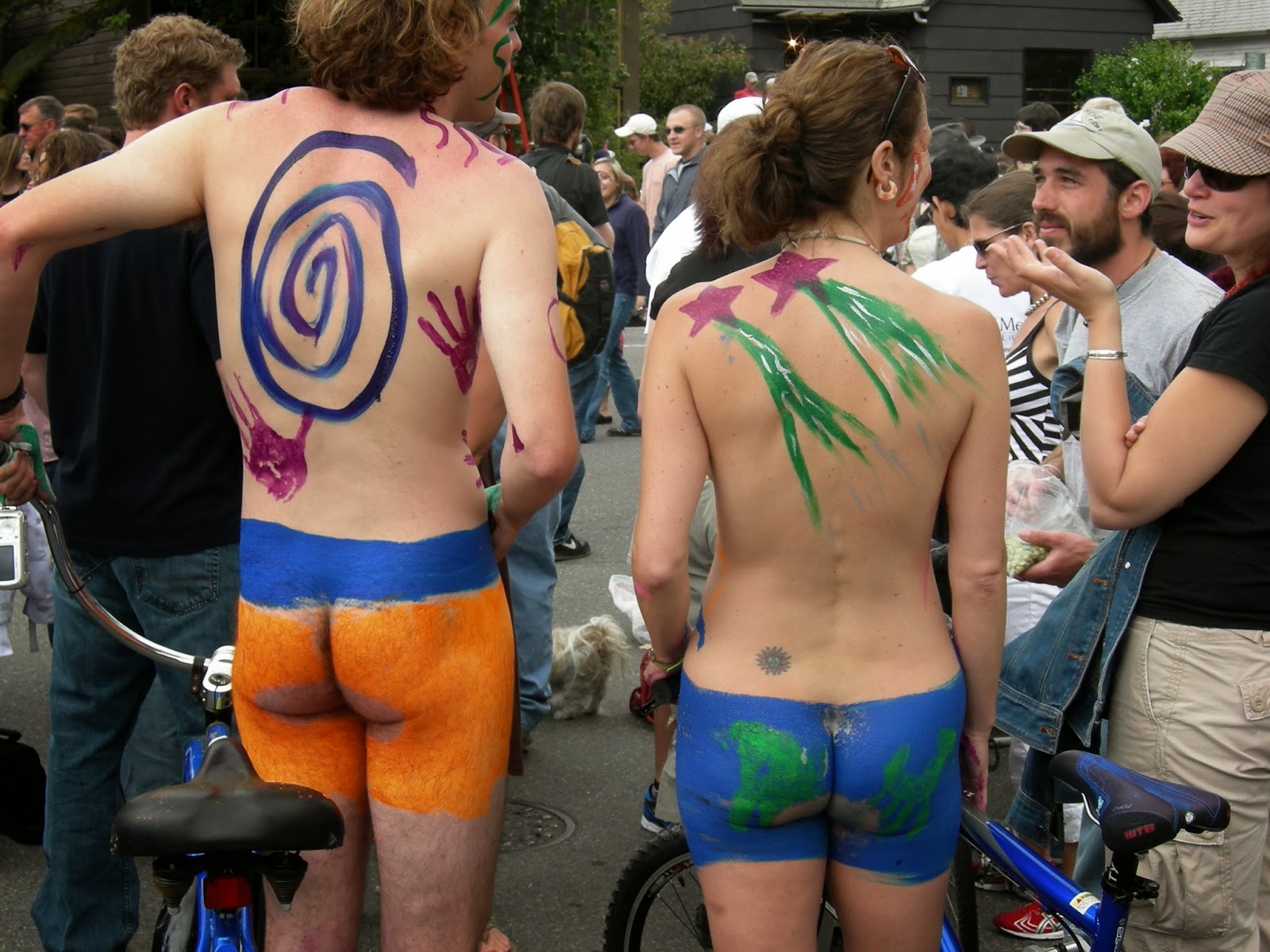This blog is no longer devoted exclusively to discussion of class bias in higher education although it is pervasive. But then, again, it is pervasive everywhere in the US. I've run out of gas on that. Not only that, I've lost some of my rile about my own law school. So I'm just winging it.
Friday, February 28, 2014
Herding to Deniability: Part 1 of a Sociology of Law Profs
In yesterday's episode I wrote about the loyalty oath being passed around at the law school that is a bit like a Soviet-era high school textbook in terms of its effort to rewrite history. This is in the form of a letter that essentially says, the search was fair and open and newspaper reports by the local paper which carefully documented the closedness of the search and faculty unhappiness were inaccurate.
I thought about what this all means from a more detached sociological perspective. The same people urging others to sign were often the ones who were very concerned about the search. When one of those people asks someone to sign who was also upset, it signals a norm of hypocrisy. That is, there is no shame in saying the opposite of what one said 3 weeks ago.
This mass movement to reclaim deniability or CYA has a peculiar aspect. Typically law professors and others from privileged classes achieve deniability by the way they state things in the present. I've labeled this "not really a lie." I will not go into all the details of this but it's like saying "Joe plays an important role on the faculty" and then then hammering Joe the next day. After all, hammering Joe is not inconsistent with playing an important role. The point is CYA is a constant process but it rarely involves, as it does in this case, a effort to retroactively CYA. A norm seems to have evolved which legitimizes the retroactive CYA.
I recall seeing films of chimps sitting around in a circle kind of grooming each other and picking off lice or whatever chimps pick off one another. And sometimes one gets out of line and is smacked or bitten. Sociologists have great fun discussing what is actually going on. It is a bonding, mating, altruism, establishing a pecking order?
This the same with faculties. What is actually going on? What are these weird rituals and norms that evolve without accountability -- nervous laughter, not technically a lie, pretending to like people, the importance of facial civility over actual civility, looking the other way when people protect turf that benefits no one but themselves, pretending to be interesting is student welfare and acting in a opposite fashion, etc.
In the next episodes I attempt to examine some of these rituals from the perspective of an outsider with just enough knowledge of sociology to be dangerous. In the meantime, this is ground I have covered to some extent before: http://papers.ssrn.com/sol3/papers.cfm?abstract_id=931632
Subscribe to:
Post Comments (Atom)

No comments:
Post a Comment